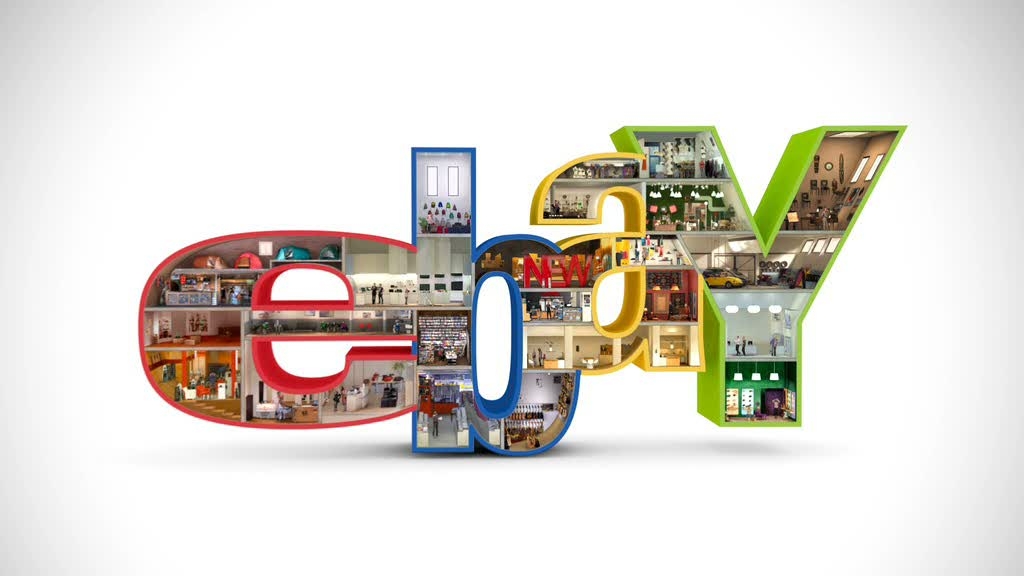Tax-free internet sales move closer to extinction
Senate votes to even out taxes

Death and taxes are life's two givens, and today a new duty moved closer to reaching U.S. pockets as the Senate voted in favor of a levy on internet sales.
A 69-27 vote catapulted the Marketplace Fairness Act from the Senate to the House of Representatives, where it will go through further debate.
Those in favor of the bill say tax-free internet retailers not only skip out on putting billions to state coffers, it creates a disparate disadvantage for brick-and-mortar establishments.
On the other side, opponents of the act contend it would open a can of complicated tax code that could hit start ups and internet retailers hard before a proper management system is put in place.
Taxes shmaxes
The bill seeks to allow for states to collect taxes from internet retailers. According to TechCrunch, if put into effect as-is, the act would allow those governments to levy taxes on some online retail purchases from companies that take in over $1 million in gross receipts.
Sources for the publication note that the House could raise the income threshold from $1 million to $10 million.
In a statement, House Judiciary Chairman Bob Goodlatte said that the Marketplace Fairness Act isn't yet sufficiently simplified.
Sign up for breaking news, reviews, opinion, top tech deals, and more.
"While it attempts to make tax collection simpler, it still has a long way to go," he wrote.
It's become somewhat of a cultural debate whether shoppers choose online or physical retail stores to make their purchases, and as this bill moves ever closer to impacting people's (and corporations') wallets, we're sure to hear both sides pipe up.

Michelle was previously a news editor at TechRadar, leading consumer tech news and reviews. Michelle is now a Content Strategist at Facebook. A versatile, highly effective content writer and skilled editor with a keen eye for detail, Michelle is a collaborative problem solver and covered everything from smartwatches and microprocessors to VR and self-driving cars.